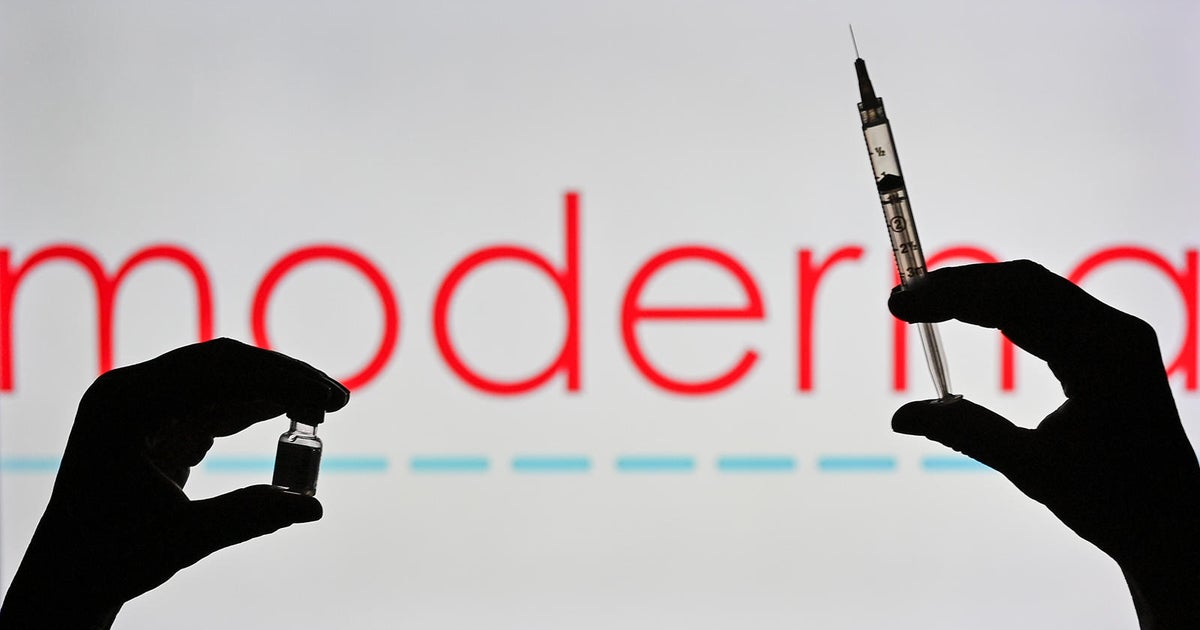Dr. Max's COVID Vaccine FAQs: Does The Vaccine Change My DNA? If I've Had COVID, Should I Get Vaccinated?
NEW YORK (CBSNewYork) - As the COVID vaccine begins to roll out, many of you have questions about who should get it and if there are any risks.
We start today with something that's been troubling some viewers because they've heard that both the Pfizer and upcoming Moderna vaccine are genetically engineered vaccines.
So the question is: Does the vaccine change my DNA?
The short answer is no, and here's why. Your DNA is in the nucleus of your cells. Both these new vaccines are made of small bits of genetic material called M, or messenger, RNA. M-RNA is a normal part of the cell's machinery that's made in the nucleus and travels out to the rest of the cell to do its work - make proteins. But that's a one-way street from the nucleus, out. The M-RNA in the vaccines also does its work in the part of the cell outside the nucleus. It never gets near the DNA in your cells. So your genetic blueprint is safe.
The next question is important for the nearly 17 million Americans who have had COVID-19.
CORONAVIRUS PANDEMIC
- Ask CBS2's Dr. Max Your Vaccine Questions
- COVID Vaccine FAQ From CDC
- Find A New York City Testing Site Near You
- Check NYC Testing Wait Times
- Explanation Of N.Y.'s Yellow, Orange, Red Zones (.pdf)
- Resources: Help With Unemployment, Hunger, Mental Health & More
- Remote Learning Tools For Students And Parents At Home
- Complete Coronavirus Coverage
The viewer asks: If I've had COVID-19, should I/could I get vaccinated?
The answer to "should you" is yes. You likely have some natural immunity for maybe 90 days after COVID, but we don't know how long it really lasts. In some individuals at least, this immunity diminishes. Some diseases develop stronger immunity with vaccination than they do with natural infection and COVID may be one of them. We just don't know yet, so get a shot. As to when you can get one, that will depend on your other factors: Age, underlying medical conditions, where you work and so on. But, get in line.
To submit your question to Dr. Max, click here.







